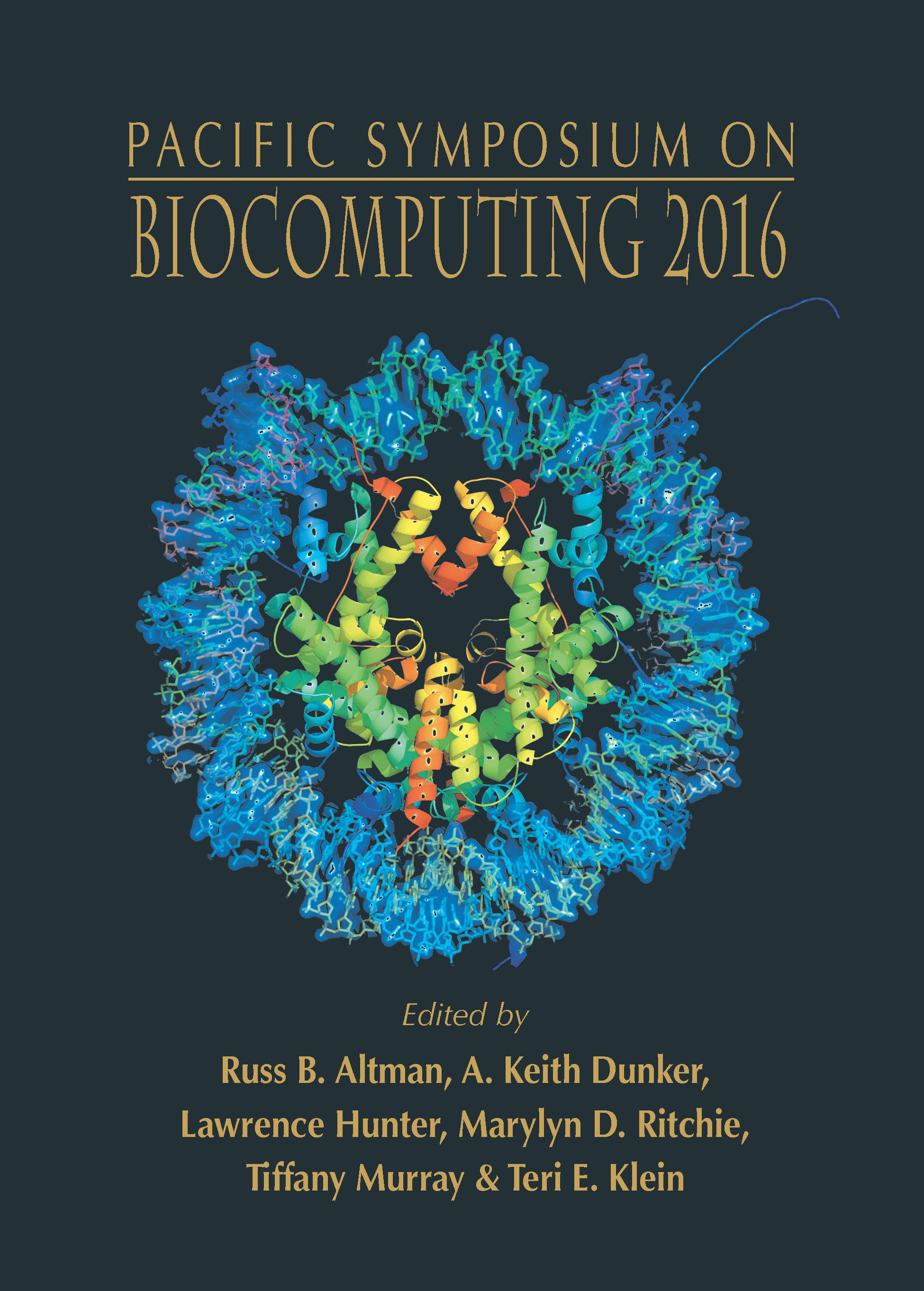
Steven E. Brenner1, Stephen Kingsmore2, Sean D. Mooney3, Robert Nussbaum4, Jennifer Puck5
1Department of Plant and Microbial Biology, University of California
2Rady Pediatric Genomic and Systems Medicine Institute
3Department of Biomedical Informatics and Medical Education, University of Washington
4Invitae Corporation
5Departments of Immunology and Pediatrics, UCSF
Email: brenner@compbio.berkeley.edu, SKingsmoreMDDSc@rchsd.org, sdmooney@uw.edu, robert.nussbaum@invitae.com, Jennifer.Puck@ucsf.edu
Pacific Symposium on Biocomputing 21:568-575(2016)
© 2016 World Scientific
Open Access chapter published by World Scientific Publishing Company and distributed under the terms of the Creative Commons Attribution (CC BY) 4.0 License.
Rare genetic disorders affect millions of individuals worldwide. Many of these disorders can take decades to correctly diagnose. Because of this, genome sequencing of newborns raises a substantial opportunity to identify genetic disorders before they present symptoms, and to identify patient risks at the start of life. Many of these disorders can take decades to correctly diagnose. Because of this, genome sequencing of newborns raises a substantial opportunity to identify genetic disorders before they present symptoms, and to identify patient risks at the start of life. This workshop will report on efforts to screen newborns using genetic sequencing technologies, and attendant biomedical informatics and computational biology approaches.